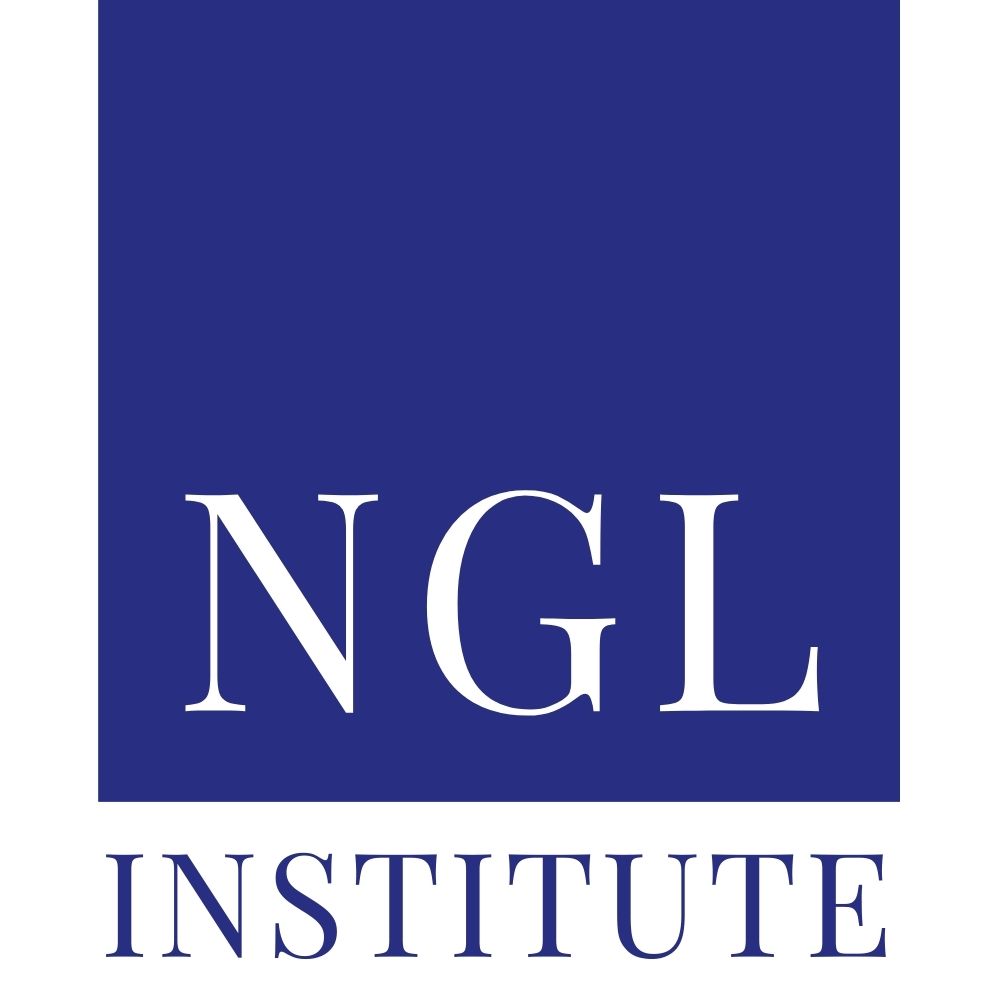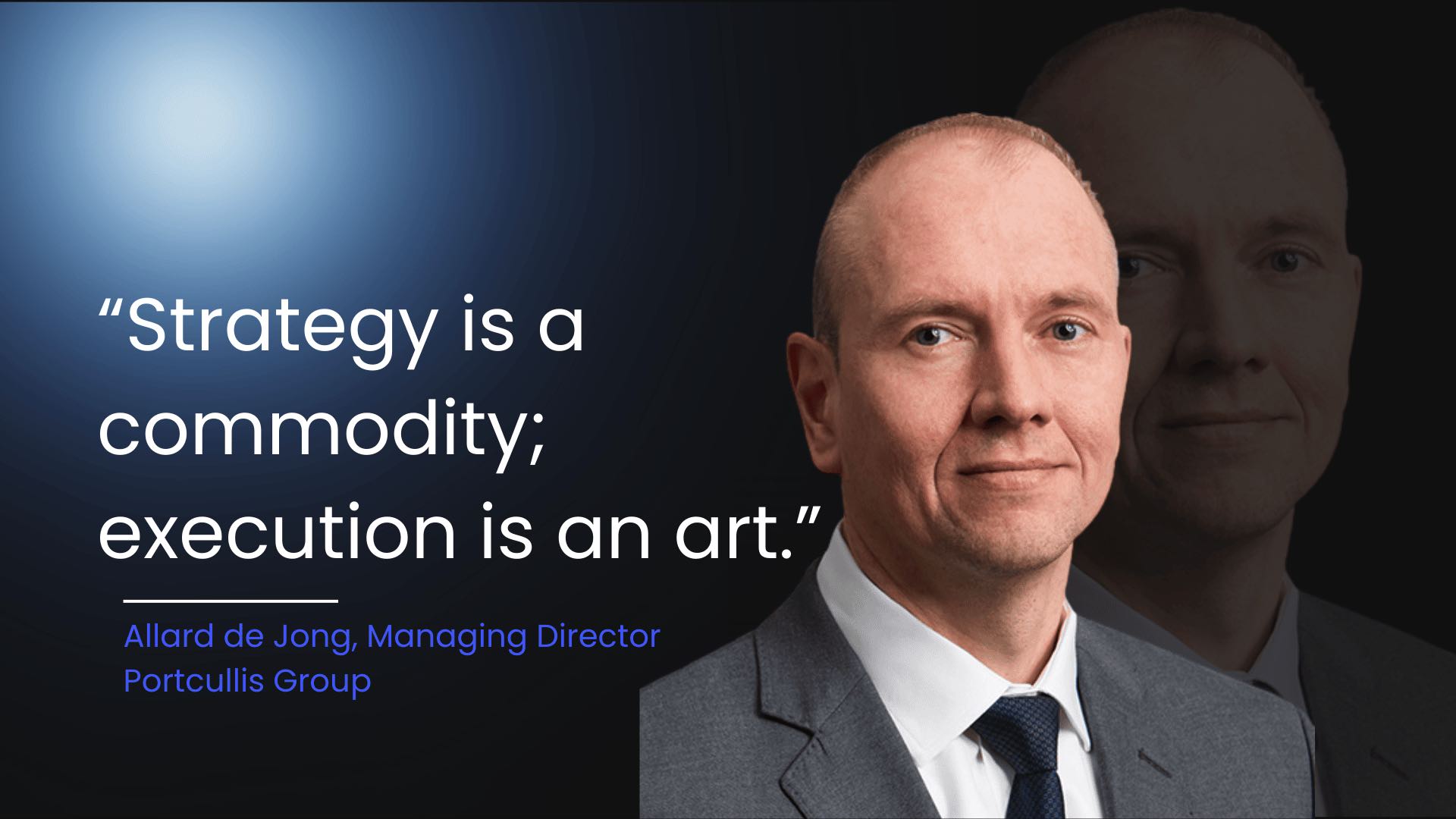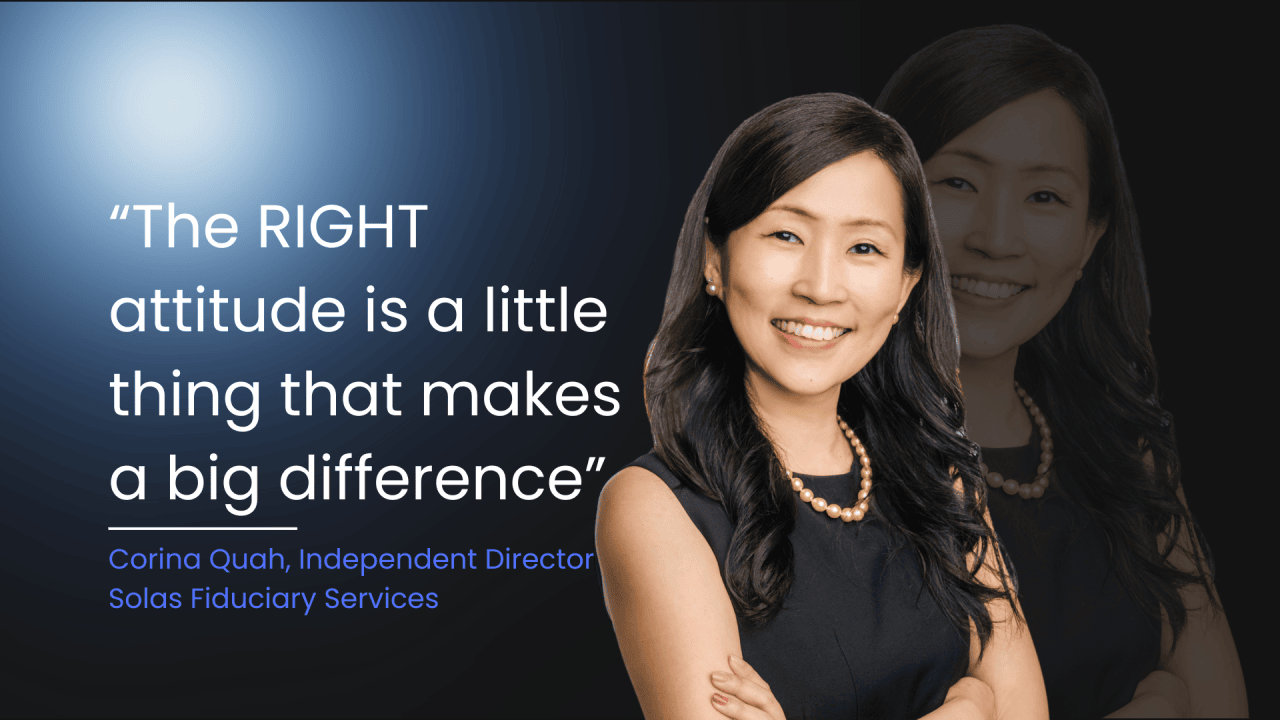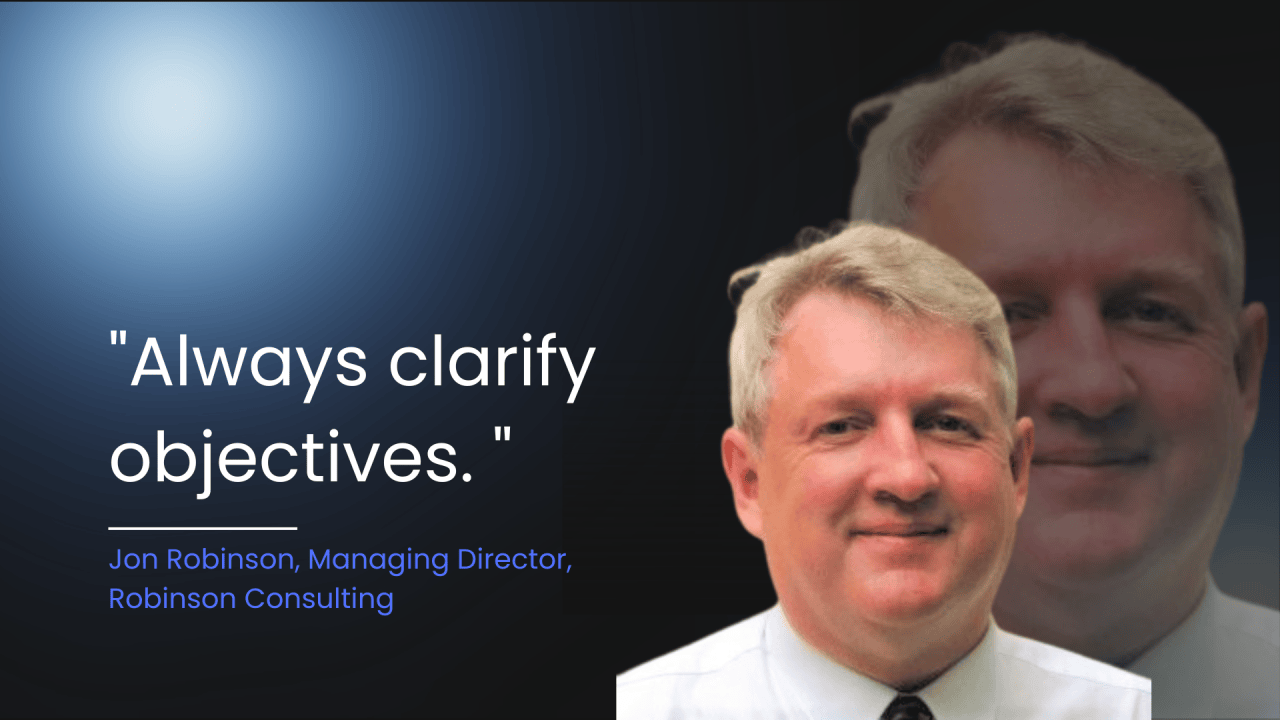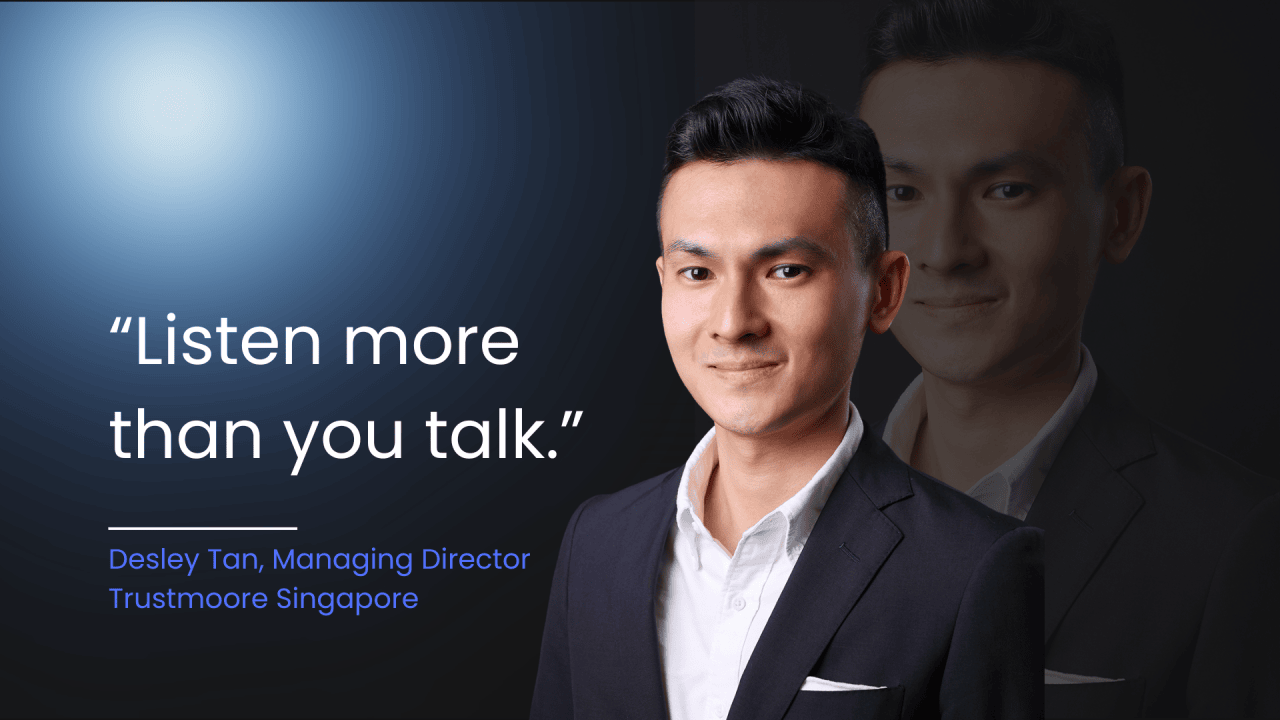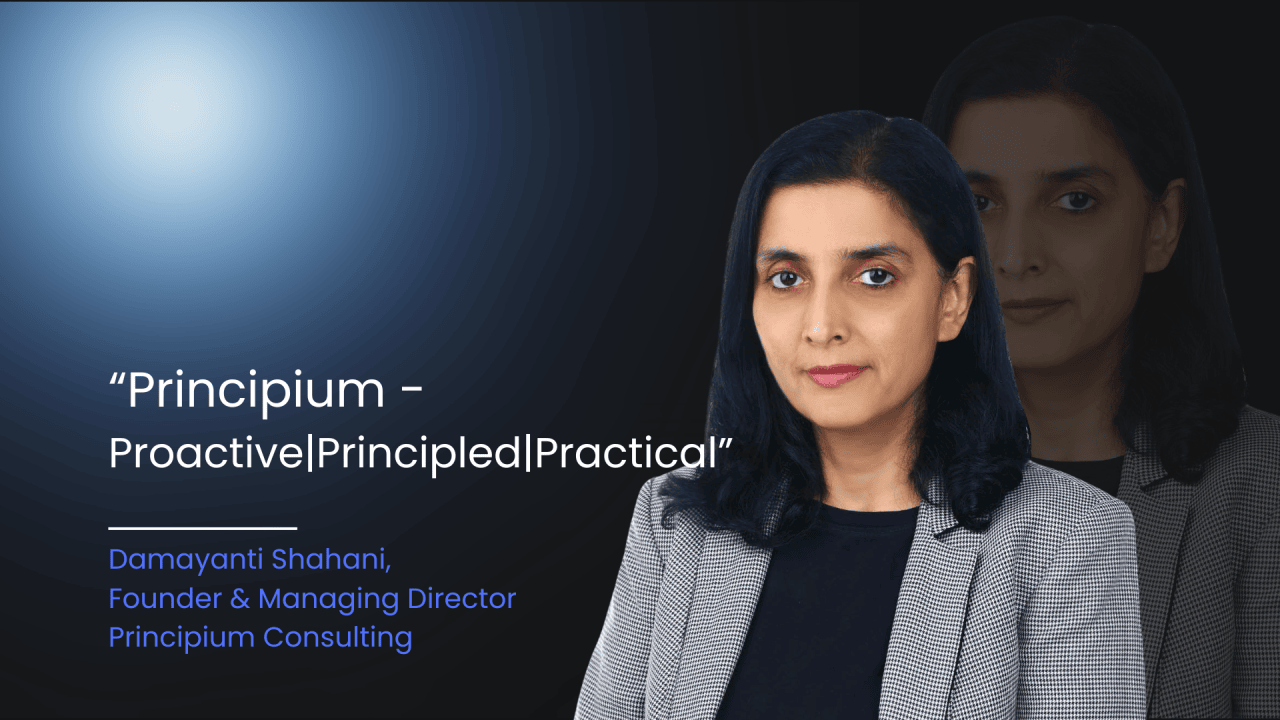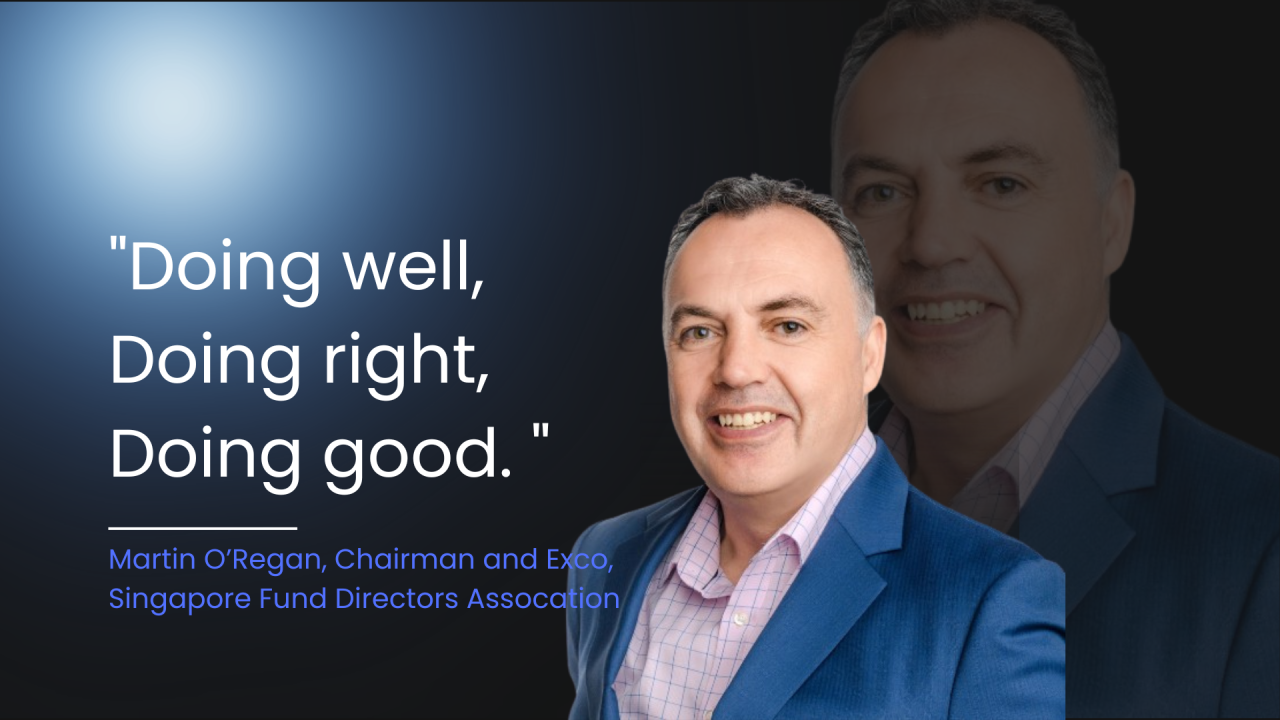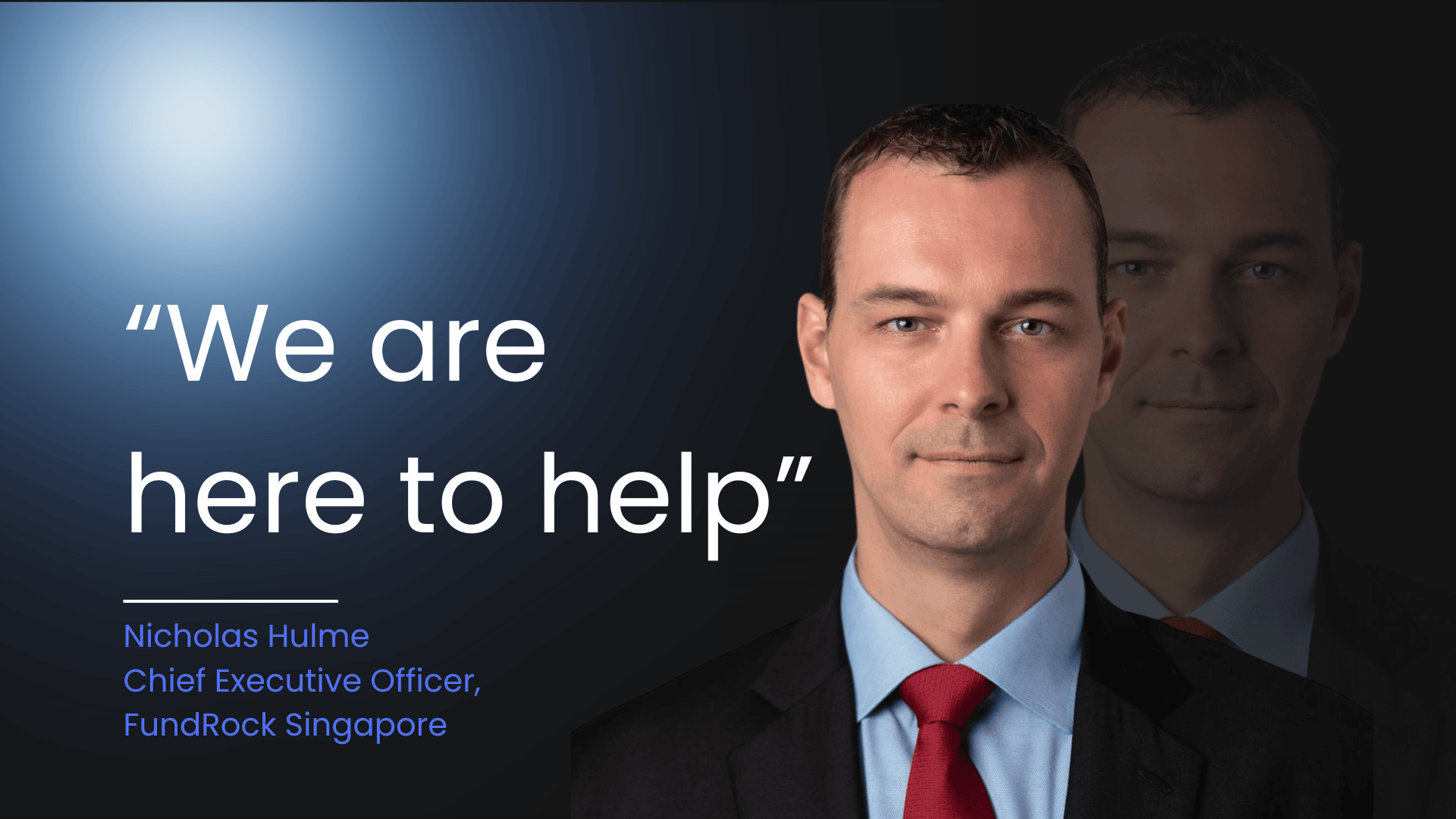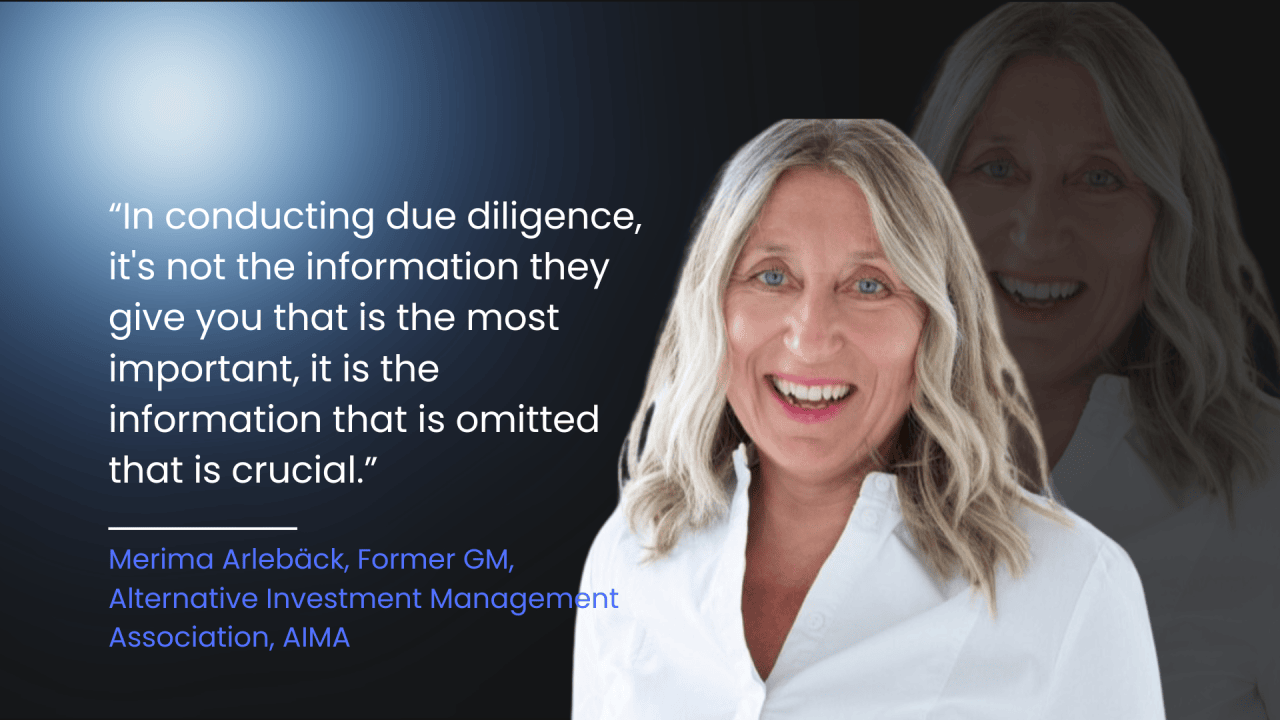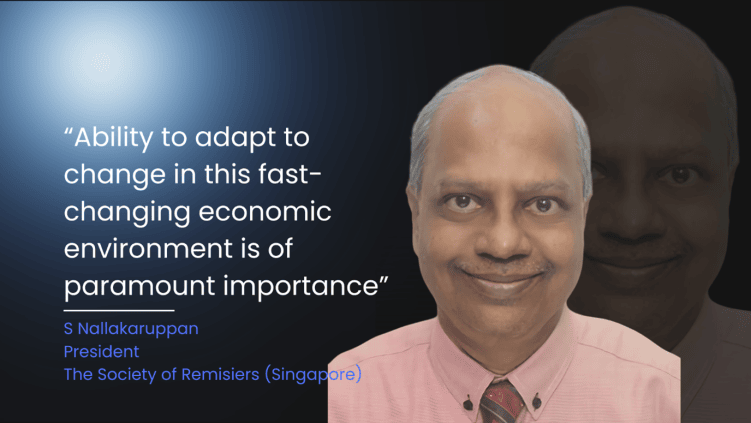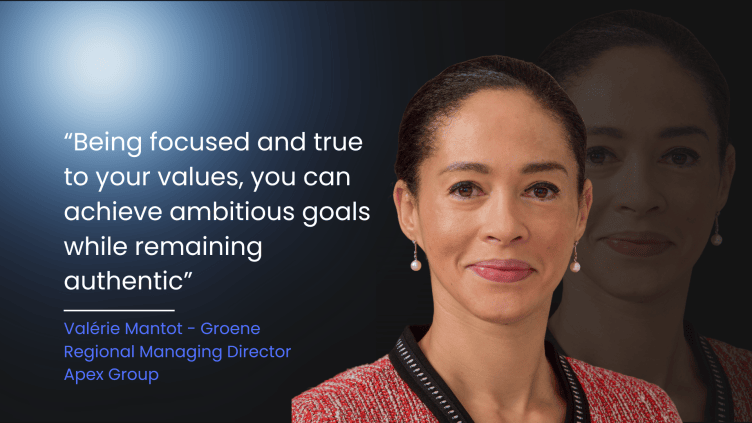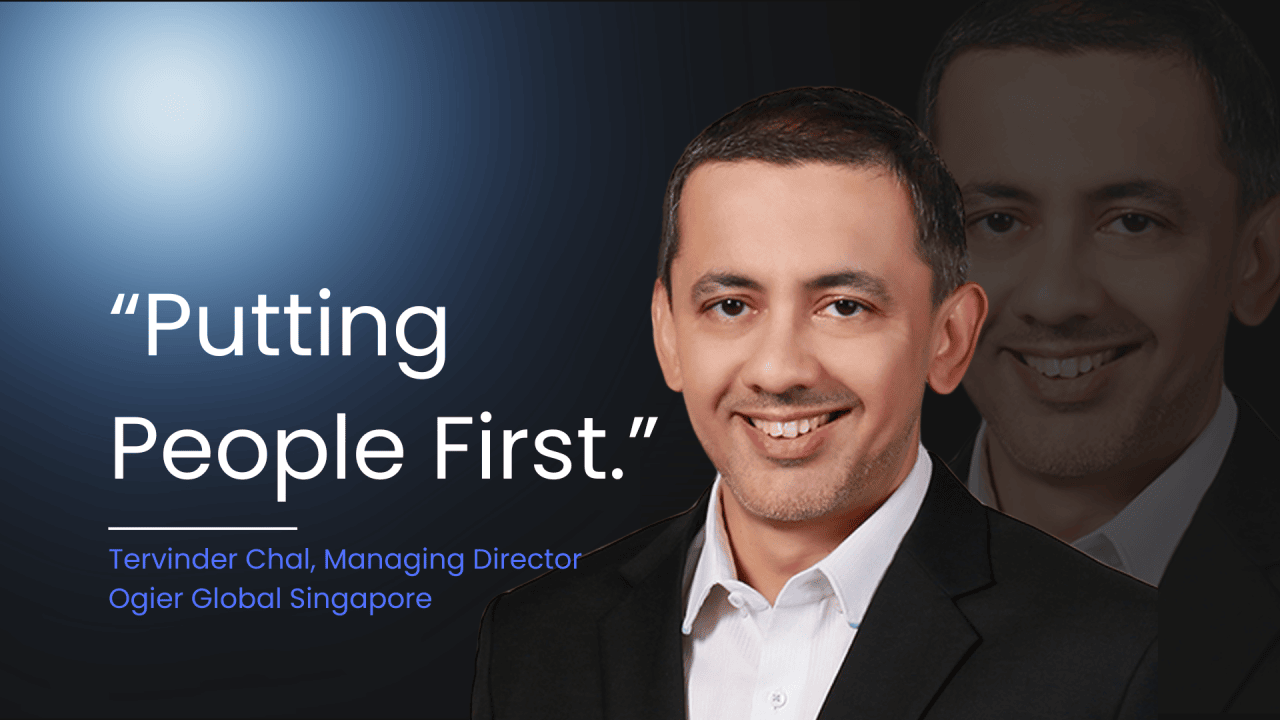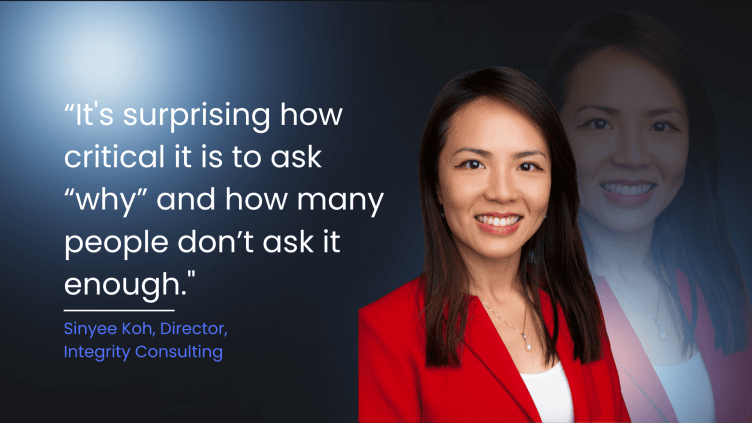Tervinder Chal is Managing Director of Ogier Global, Ogier’s Corporate and Fiduciary services division, in Singapore. He is currently focussed on building and growing the Ogier Global services offering. With more than 20 years of financial services experience, a strong understanding of the industry and an established network and industry reputation. Terv began his career as a chartered accountant at PwC, where he audited private equity and real estate funds, before undertaking roles at Vastardis Capital Services and then Alter Domus, leading and growing their fund and corporate services presences in Asia.
Terv has also held senior roles, including head of APAC for real estate finance and business management and head of fund finance and operations, at asset management companies Aberdeen Standard Investments and AEW.
Ogier is a professional services firm with the knowledge and expertise to handle the most demanding and complex transactions and provide expert, efficient and cost-effective services to all our clients. Our commercial understanding and experience of working with leading financial institutions, professional advisers and regulatory bodies enable us to add real value to our clients’ businesses.
We have three divisions:
Legal: Practical advice on BVI, Cayman, Guernsey, Irish, Jersey and Luxembourg law.
Corporate and Fiduciary: Corporate administration services with a strong reputation in governance and regulatory compliance.
Consulting: Independent guidance on sustainable investing, regulatory compliance and tech
Mike Sim (MS): What skills and expertise are essential for navigating complex transactions and regulatory landscapes in the financial services industry?
Tervinder Chal (Terv): Macroeconomic and geopolitical factors, amongst others, contribute to the ever-evolving regulatory environment and increasing complexity in transaction activity. To navigate in an effective and risk adjusted manner, a combination of strategic thinking, deep technical expertise and effective use of technology are all essential to achieve desired outcomes.

Ogier Team Singapore
Mike Sim (MS): How does Ogier prioritize innovation in the delivery of its professional services, and what role does technology play in this transformation?
Tervinder Chal (Terv):
Innovation is at the heart of everything we do at Ogier. Our drive to innovate stems from our commitment to providing a market-leading service that empowers clients.
One example of this is Ogier Connect, an easy-to-use portal that provides clients with round-the-clock, real-time access to the latest statutory documents, registers of ownership, board packs, invoices and more. It uses leading encryption technology for client security.
Mike Sim (MS): In what ways does Ogier promote diversity, equity, and inclusion within its organization and across its client base?
Tervinder Chal (Terv): We believe in putting people first. The ways in which we promote this include voluntarily publishing pay gap data. Our pay gap report is currently focussed on gender, but we have introduced a new HR system which will enable us to collect voluntarily disclosed employee data on a wider range of protected characteristics.
In February 2021 we made a public commitment to reach 30% female leadership by 2025 – a target we met in 2022. As we collect more data internally, we will begin to set further milestones.
We have a dedicated group diversity, equity and inclusion manager and more than 70 of our global team have signed up to be diversity, equity and inclusion leaders in their jurisdictions.
Mike Sim (MS): What specific challenges do investment funds and fund management businesses encounter in managing complex cross-border transactions?
Tervinder Chal (Terv): Structures continue to evolve primarily driven by investor and regulatory requirements. Cost efficiency and tax planning are also essential to protect and drive returns. These are a few of the key factors managers consider in aligning their structures to cater to investors and investment jurisdictions.
Given some of the restraints, it is relatively common to see fund structures including multiple feeders which cater to different investors. This then feeds into master and parallel vehicles, ultimately investing in common assets.
Integration into domestic structures will vary depending on the geographical spread. There are widely used structuring routes, for example – Luxembourg into Singapore or Singapore into the wider APAC region where the legal and tax aspects of these structures have been well tested and proven to work upon satisfying the necessary requirements.
Additionally, further challenges include ensuring regulatory compliance in respective jurisdictions, appropriate levels of substance to benefit from the tax efficient rulings and the overall cost of managing increasing structures.
Mike Sim (MS): How does Ogier support clients in navigating the complexities of real estate finance transactions, both domestically and internationally?
Tervinder Chal (Terv): Real Estate transactions frequently transcend multiple jurisdictions with scope of differing regulatory, financing and tax considerations. To address this, we combine our legal, operational and industry knowledge to best assist our clients.
Navigating through the regulatory landscape, we assist our clients in managing ownership requirements, local legal provisions and risk management. We work closely with our clients to analyse the financial aspects of transactions such as performance attribution, cash flow modelling and sensitivity analyses.
Mike Sim (MS): What measures does Ogier take to reduce its global carbon emissions and environmental impact, and how does this align with its commitment to sustainability?
Tervinder Chal (Terv): Our goal is for sustainability to be embedded in our culture and permeate our business at every level. Ogier’s focus is on continual improvement through setting challenging targets, allocating the right resources and approaching decisions and activities with a sustainability mindset.
As part of this approach, we have set ambitious carbon emissions reduction targets grounded in climate science in line with the global net-zero goal.
As a firm we have also developed our services to ensure that we are able to provide tailored legal advice within the context of sustainable investing. We have a team of lawyers across service-lines and jurisdictions who are equipped to advise on legal and regulatory matters related to sustainable investing and ESG.

Speaking as a panellist at AIMA event
In addition, we set up a Sustainable Investment Consulting team in 2020, with highly accomplished individuals who have many years of experience advising on ESG, sustainable investment strategies, impact and climate change regulation.
Mike Sim (MS): How does Ogier demonstrate its corporate social responsibility through community partnerships, pro bono work, and volunteering initiatives?
Tervinder Chal (Terv): As a global firm, we believe we have a collective responsibility to support the communities where we live and work and contribute to social sustainability for the next generation and beyond. We support our local communities through charitable donations, community partnerships and encouraging our employees to play their part in community life through volunteering and fundraising.

Ogier Singapore office’s first Mission Possible event
Mike Sim (MS): What strategies does Ogier employ to ensure client-centricity and to meet the diverse needs of its global client base?
Tervinder Chal (Terv): With professionals based in Asia, the Americas and Europe, we are able to provide global coverage across all time zones. We have specialists with specific industry knowledge ranging from corporate and investor services to governance and sustainable investment consulting.
We consistently provide our clients with seminars and thought leadership content to keep them up to date with the latest commercial and regulatory developments. We also adopt a dynamic and flexible approach to tailoring our services to suit each of our client’s unique needs, providing a solution rather than just a service. We lead by experience when it comes to servicing a truly diverse global clientele, by ensuring that we embody the principles of diversity and inclusion in all aspects internally first.
Mike Sim (MS): What is one question you wish I had asked you and how would you have answer it?
Tervinder Chal (Terv):
I was hoping you’d ask about my evening reflection routine. It’s important to me because it signifies the closure of the day’s chapter. My answer would be that each night before I rest, I take a moment to ensure that I’ve done my utmost to exceed the accomplishments of the previous day.
I strive to make a positive impact, not just professionally but also in the lives of my family, friends, and colleagues. There’s a saying that resonates with me: “A clear conscience makes the softest pillow.” That’s how I aim to end each day — with the peace of mind that comes from knowing I’ve given my all.We all have reasons to wake up. I wish you had asked me how I go to bed at night. It’s a continuous effort of knowing that I’ve tried each day to just better my yesterday and do what I can for my family, friends and colleagues. As they say, a clear conscience is the softest pillow.

Thank you, Tervinder, for taking time to share your insights on the intricate dynamics of the financial industry, ranging from regulatory challenges to innovative solutions and commitments to sustainability and diversity.
Recent Posts
